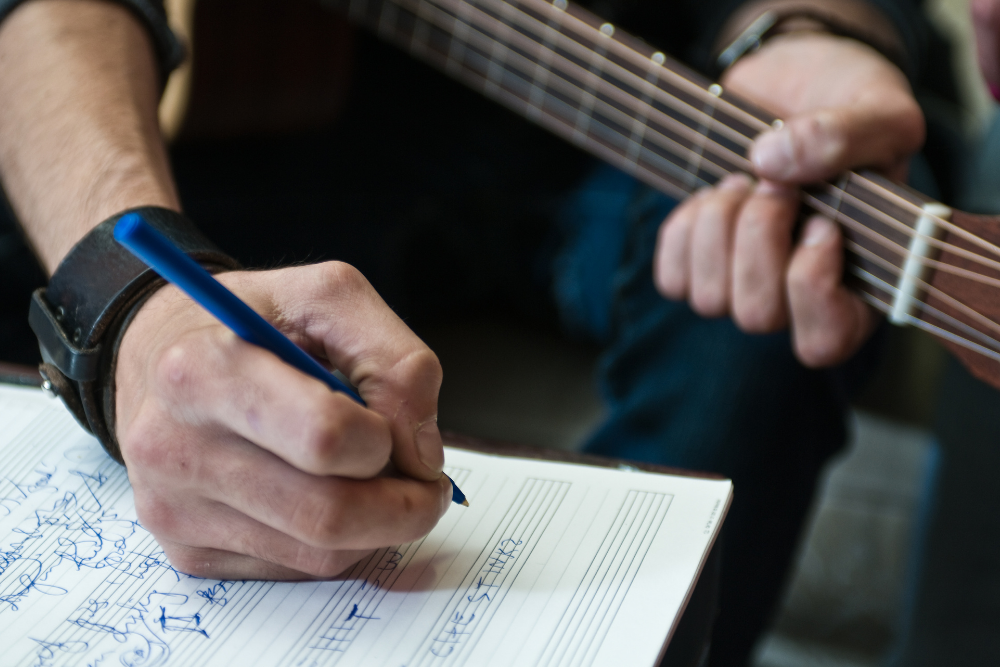As songwriters know only too well, a significant portion of music these days is shared online, either by people downloading it directly or streaming it through various services. Unfortunately, up until this year, how royalties through these services work has been complicated at best.
That all changed on January 1st though, thanks to the Music Modernization Act (MMA). As part of the act, a new blanket license for mechanical royalties was created, as was a nonprofit called The MLC, whose job it now is to collect and distribute royalty payments to creators.
What do you need to do to ensure you receive the maximum benefits from the changes to the law?
Learn how sound recordings differ from musical works legally speaking
This is something all musicians need to know. Here is how the two differ.
Musical work
This encompasses the underlying composition of a song as well as any lyrics that accompany it. The owners of a musical work (composers, publishers, songwriters) are legally entitled to payment when their work is
- Reproduced or distributed (through a “mechanical license”)
- Performed or displayed publicly, or
- When someone creates a derivative work.
Sound recording
This is defined as a series of sounds (spoken, musical, or otherwise) that have been “fixed” in a medium like a digital file or CD. The owners of sound recordings (labels, performers, producers) are legally entitled to payment when their work is
- Reproduced or distributed
- Played publicly utilizing digital transmissions
- When someone creates a derivative work.
Each of these types of works are subject to divergent licensing rules, and there are various organizations responsible for licensing rights — such as those for public performance.
The mechanical rights of songwriters are handled differently under the MMA, however. Since the new law includes a “blanket license” that is compulsory, digital music services do not have to obtain individual licenses so long as they meet regulatory and statutory requirements, including turning over usage reports and paying mechanical royalties to The MLC.
The Copyright Office’s site goes into more depth on musical works vs. sound recordings here.
Know who is sending your song data information to The MLC and confirm it is accurate
In order for you to receive the correct payments under the new blanket license, it is vital that The MLC has the correct ownership data for their records. If you are a self-administered songwriter, that means you want to have all song data, including:
- Title
- ISWC
- ISRC
- IPI for all songwriters
- Income splits
To be eligible for royalty payments, you have to use The MLC’s registration portal to submit this information.
If you are working with a music publisher, it is possible that they might submit this information for you. Even so, it is a smart idea to keep accurate and up-to-date data records of your own.
You can find more resources on the US Copyright Office website or reach out to an IP lawyer for assistance.
